Kelvin Benjamin – Catholic youths in Botswana are determined to combat human trafficking, a scourge that affects vulnerable individuals across the country.
According to officials in the Diocese of Gaborone, anti-human trafficking initiatives have been launched nationwide since last November, bringing hope to the faithful.
“We are bringing awareness to Catholics and the whole community, because we realized that there is a gap between what people know and understand about human trafficking, and the reality of it in our communities,” said National Coordinator Sister Tshepo Carol Sengwatse.
The nun, who belongs to the Sisters of Calvary, said that with the help of the Talitha Kum Foundation and 40 young people, the initiative is leading outreach programs to educate the laity on protecting themselves and their loved ones from human trafficking.

The initiative collaborates with experts, local NGOs, and government representatives to amplify its impact. “Our project is mainly about bringing awareness, and our wish is to achieve an end to human trafficking,” Sister Tshepo added. “It may seem like a long shot, but with God, all things are possible.”
As the Church celebrates 25 years since the canonization of Saint Josephine Bakhita, the patron saint of human trafficking victims, Sister Tshepo hopes to establish supporting shelters and safe houses for rescued victims, in addition to pastoral care and counseling.
In the Catholic Diocese of Francistown, 400km north east of Gaborone, Potlako Malikongwa believes the Church has a spiritual and social responsibility to act against human trafficking. He prays for victims, survivors, and perpetrators, hoping for a conversion of heart.
“As a Batswana Catholic youth, I understand human trafficking is a crime against human dignity and a moral evil that contradicts the teachings of the Church,” said Potlako.

Potlako highlights the vulnerability of young people to modern-day slavery, often lured by false promises of education, employment, or a better life abroad. He emphasizes that high rates of unemployment, poverty, cultural barriers, and lack of information contribute to human trafficking.
Social media has also become a tool used by traffickers to deceive and recruit victims. “Empowering young people with knowledge helps them recognize and avoid dangerous situations,” said Potlako.




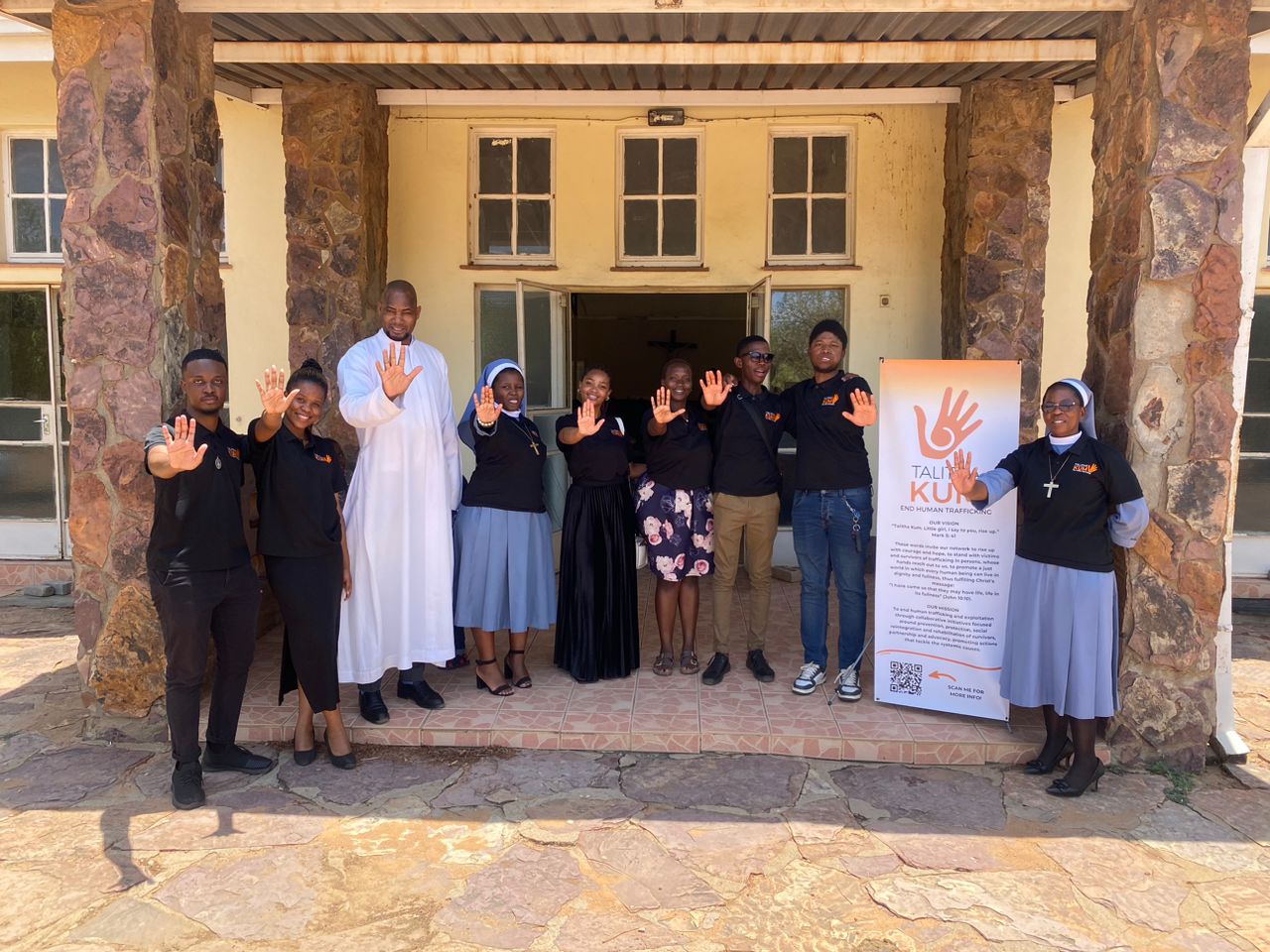
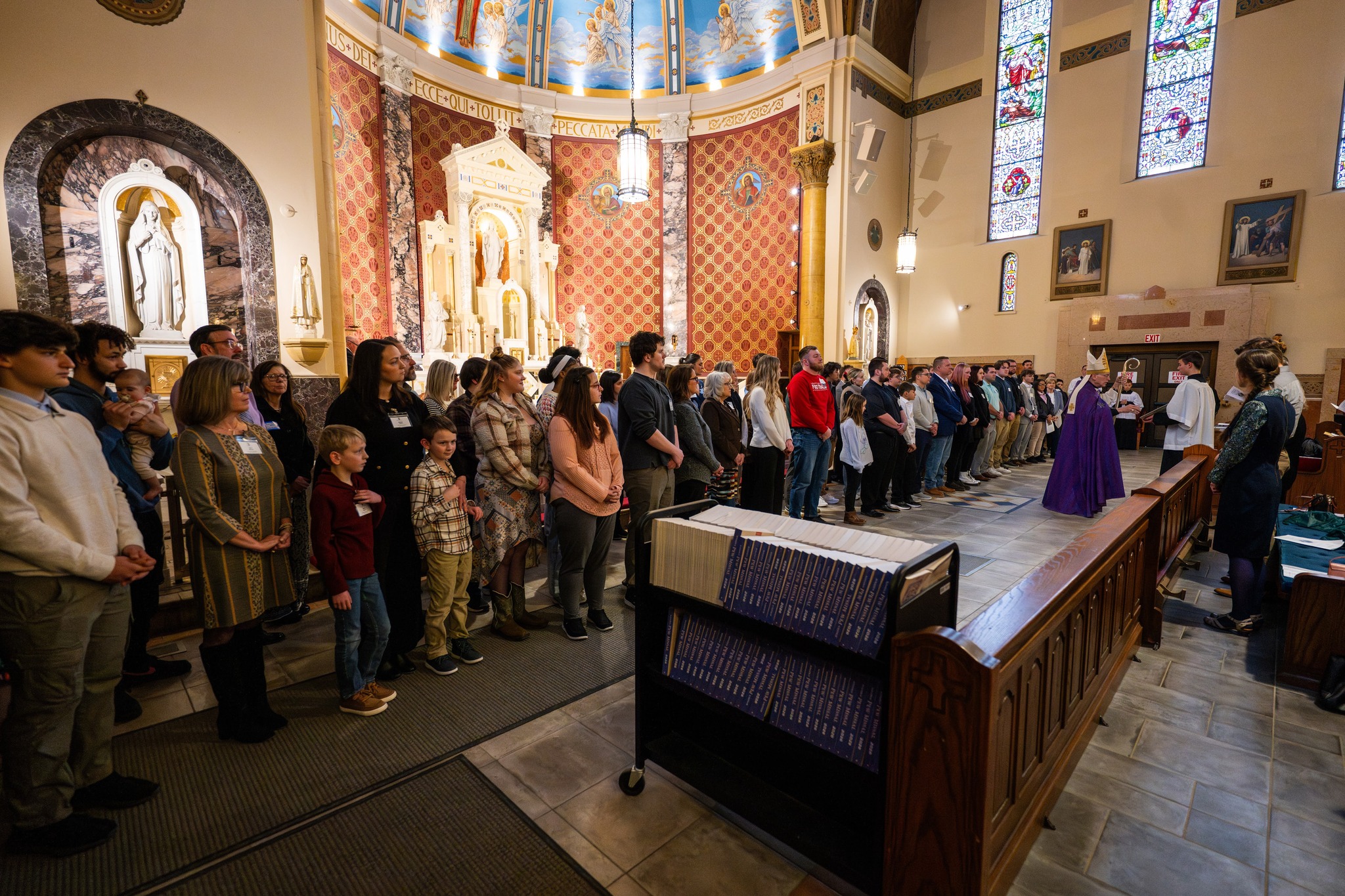
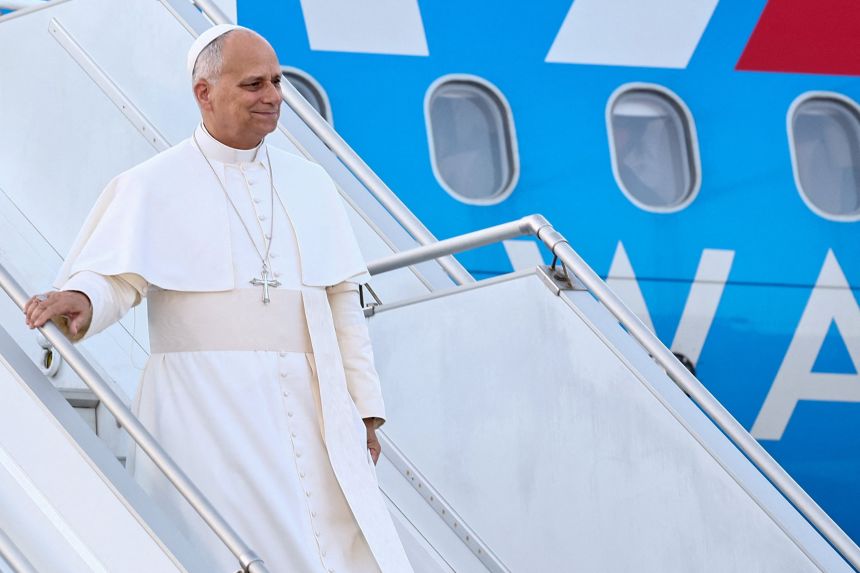
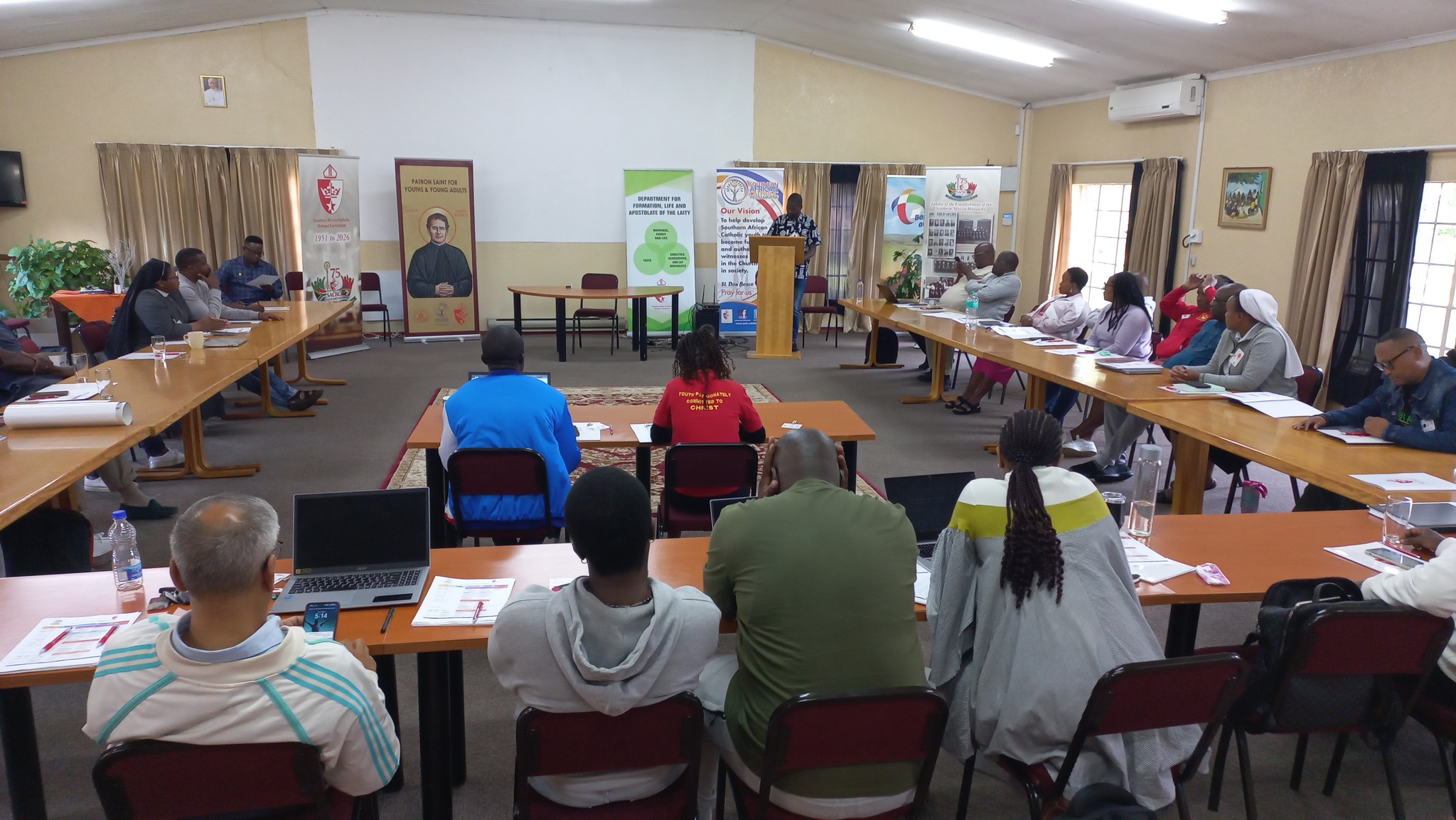

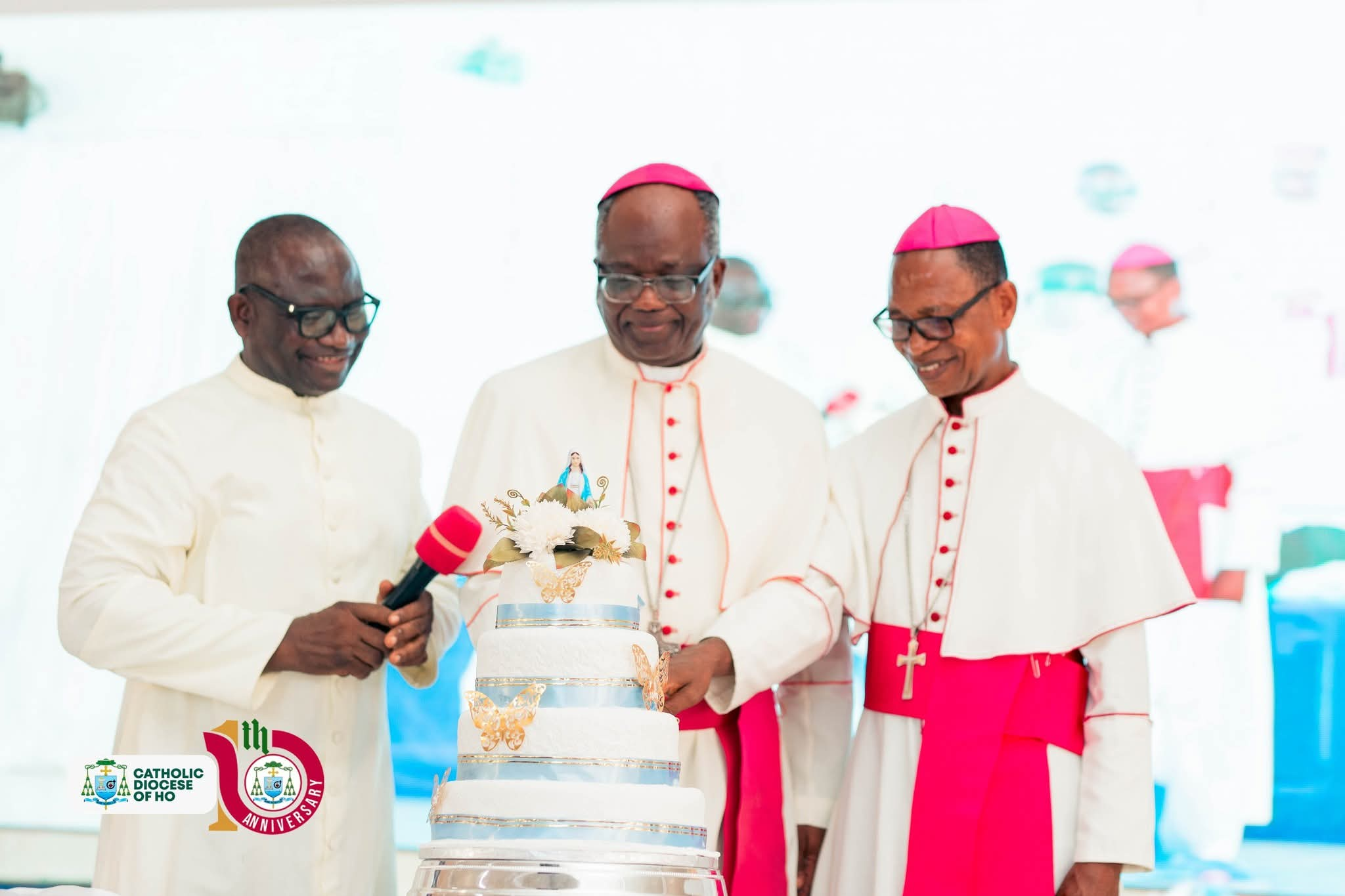
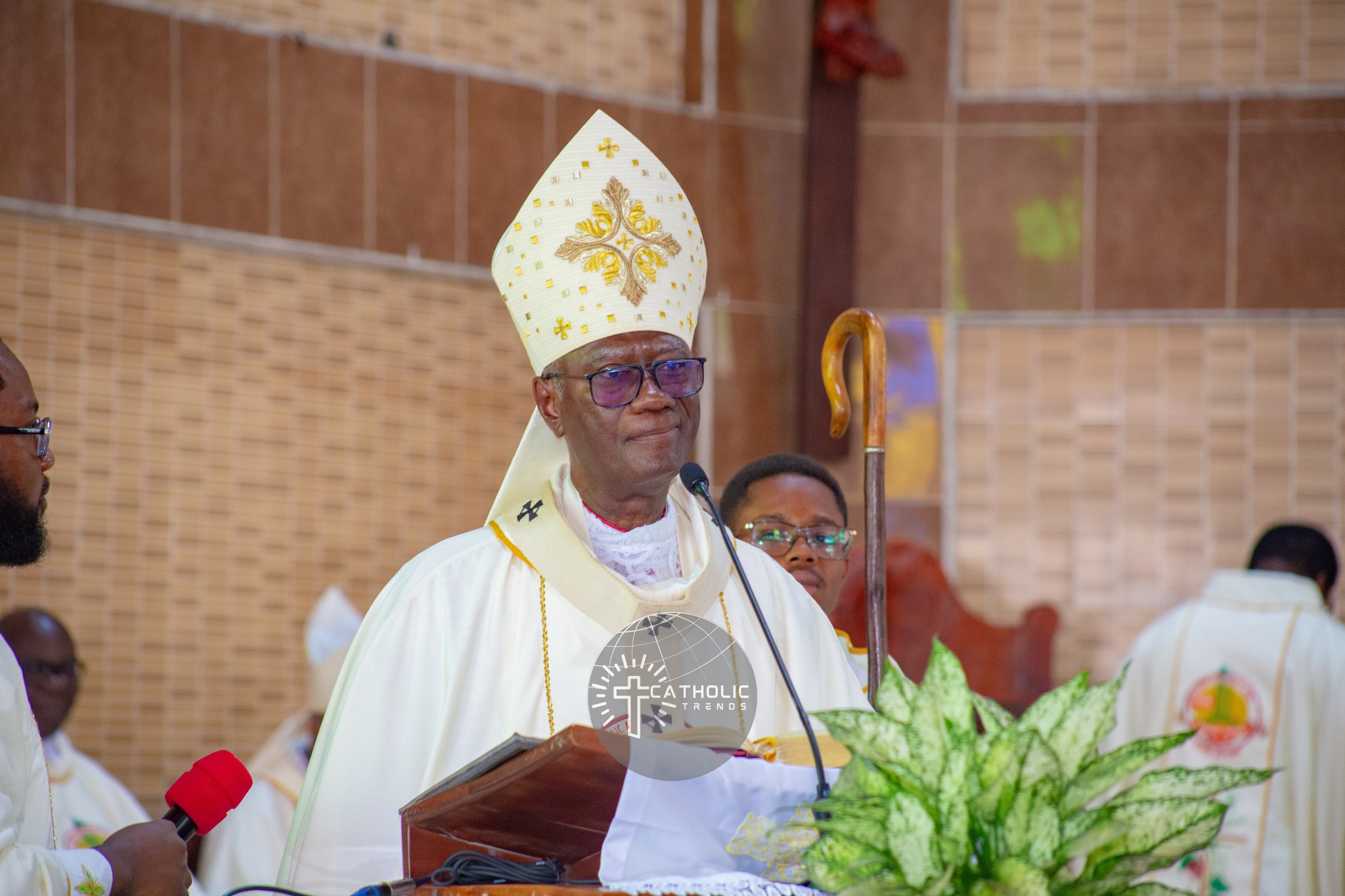
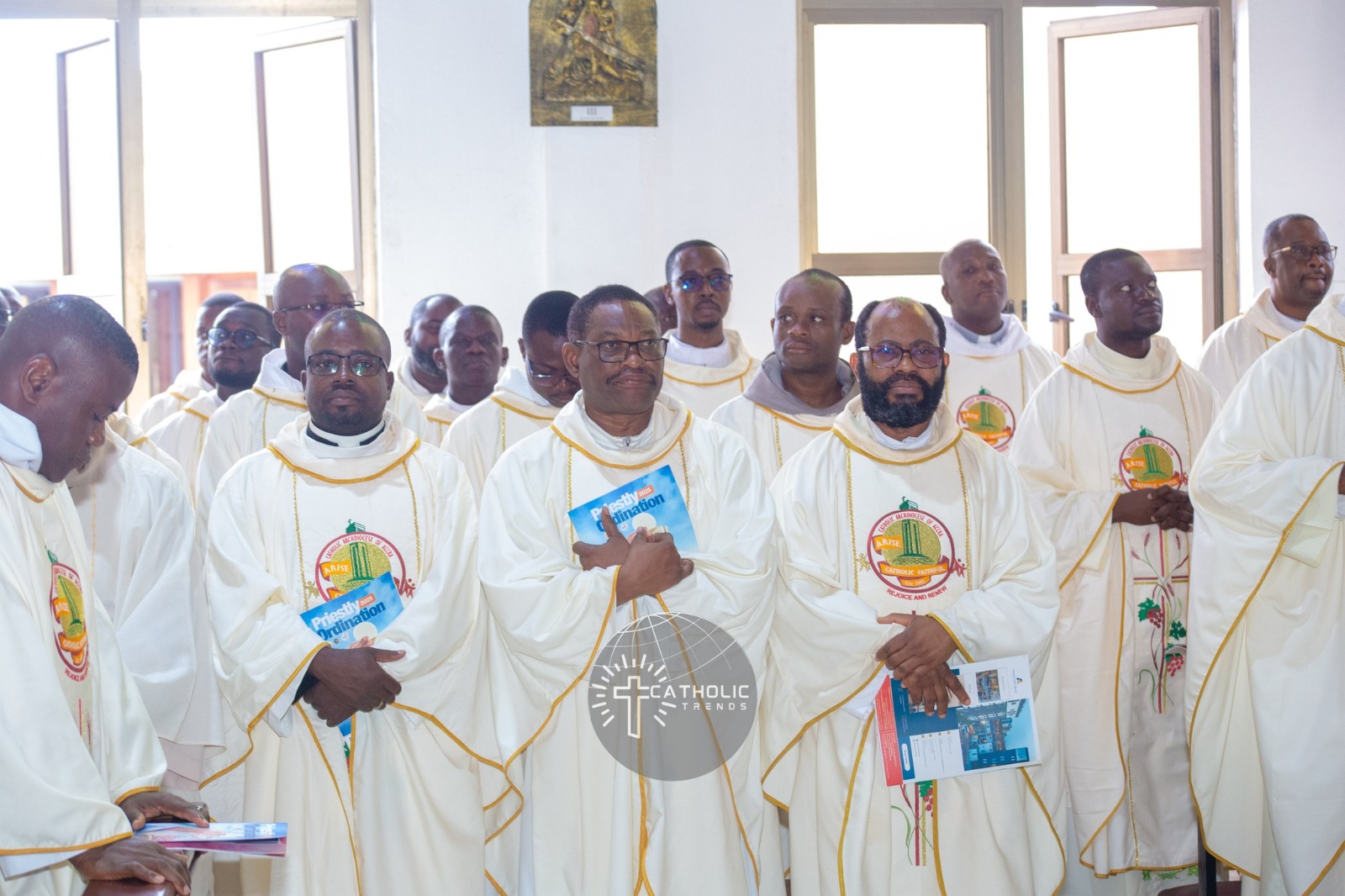

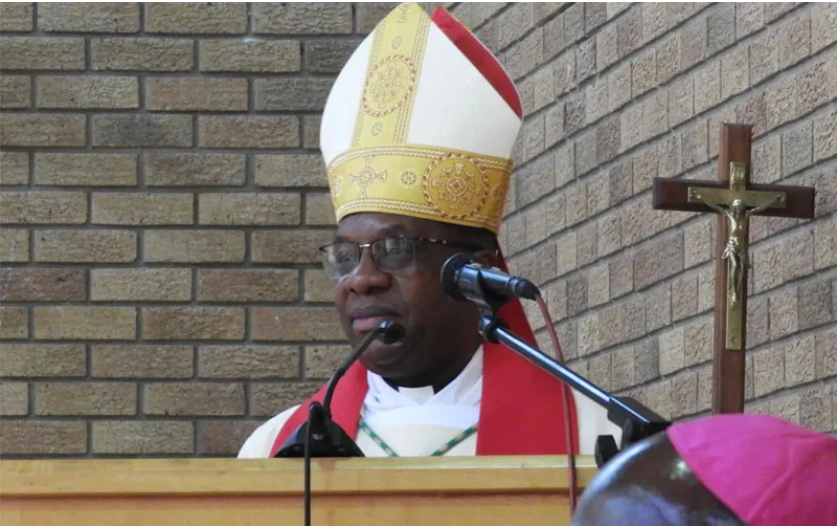



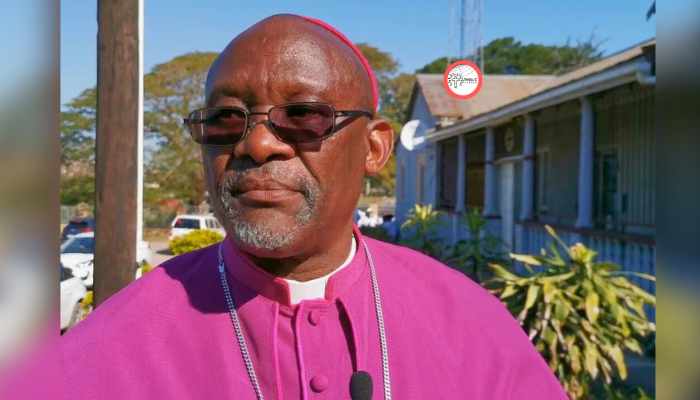

Discussion about this post